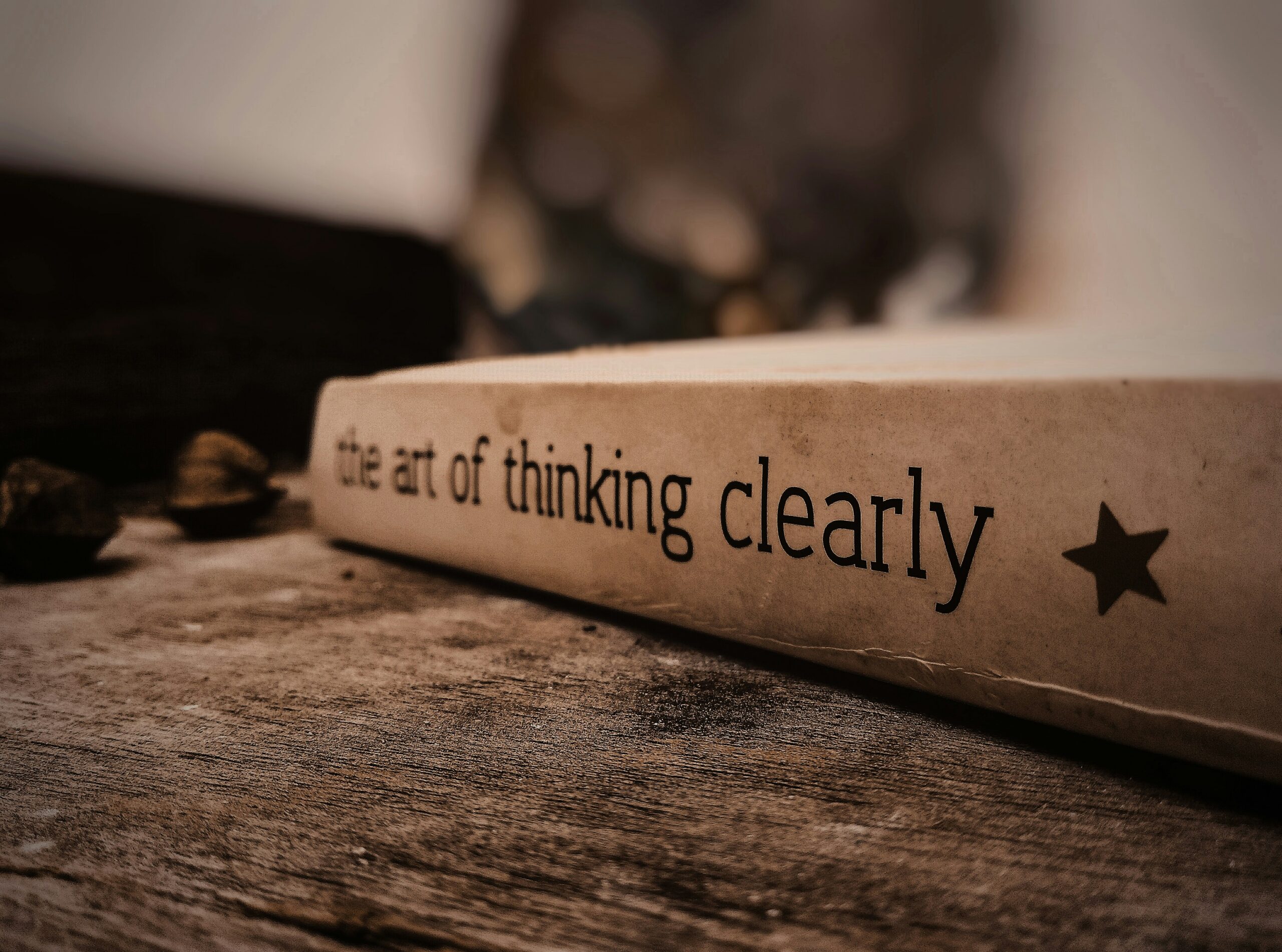
“The only thing you need to live abroad is a job.”
You’ve probably heard someone say that. Or maybe you’ve said it yourself.
But… isn’t that a bit reductive?
Yes, a job is important. It pays the bills. It helps with paperwork. It gives your days some kind of shape. But it doesn’t automatically bring meaning, connection, or happiness.
You can have a job and still feel lost.
You wake up tired, trying to remember a dream that felt important. You drink your coffee, check your phone, head to work. You meet people not because you’re deeply excited to see them, but to avoid being alone. You go to the gym like you’re taking medicine — hoping the hormones will lift the fog.
It’s all… fine. But also strangely hollow.
Some people chase feelings of aliveness through new friendships, dating apps, social media, loud music, crowded bars, intense workouts — anything to feel something. And maybe that’s normal for a while. Life can move fast abroad. New places, new people, new routines. Like a pinball bouncing from one surface to another.
And yet — there’s this quiet voice inside that asks,
“Is this it?”
One year abroad can change you more than three years at home. The pressure, the discomfort, the constant adaptation — it all stretches you. You build resilience. You grow. But you can also lose touch with yourself.
That fast pace can help you avoid certain thoughts or feelings. You’re too busy learning the metro system, finding an apartment, signing up for language classes. But once things settle… what’s left?
Here’s where something deeper begins. A space to think.
There are different kinds of thinking. Emotional intelligence is the kind where you notice an urge to react — and instead, you pause. You breathe. You choose a better response.
Then there’s reflective thinking — when you sit with an idea, link it to another, and begin to see the bigger picture of your life.
That kind of thinking is beautiful. But even that can turn into a trap: overthinking. Rationalizing. Intellectualizing. You analyze your experience so much that you stop feeling it.
Why do we do this?
Because it’s safer. Safer to stay in your head than to feel sadness, confusion, or loneliness.
Here’s a question I ask myself often, and I invite you to do the same:
How happy or unhappy are you, really, living abroad?
Is it the country?
Is it the people?
Or is it something deeper — your expectations, your mindset, your habits?
Sometimes we blame the place.
But maybe we’d feel the same way back home.
Maybe what we’re facing isn’t external at all.
There’s something called the U-curve of happiness. It’s based on studies across many cultures and countries. It shows that happiness tends to start high in our twenties, slowly dips in our thirties and forties, and then rises again around our fifties.
This curve looks like a big “U.”
People often feel stuck in the bottom part of the curve — especially in midlife. It can feel like something is wrong, like you’ve made a mistake. But what if this dip is a natural part of life? A necessary pause? A turning point?
Living abroad can bring that dip into sharper focus. You’re away from familiar things — no distractions, no comfort zone. That’s when questions arise. Real, uncomfortable questions.
Who am I now? What do I want? Is this the life I imagined?
Maybe the problem isn’t the country. Maybe it’s not even you.
Maybe you’re just in the middle of the curve.
Maybe your life abroad is not about “success” or ticking boxes — but about awakening. Slowing down. Growing roots in shifting sands. Meeting yourself more honestly.
The “job” isn’t the answer — it’s just a tool.
The answer, if there is one, begins somewhere quieter. Somewhere deeper. In reflection. In discomfort. In noticing what’s missing — and daring to name it.
So if you’re abroad, and something feels off, ask yourself — not “What’s wrong with this place?” but:
“What am I really longing for right now?”
Sometimes, that question is the beginning of everything.



